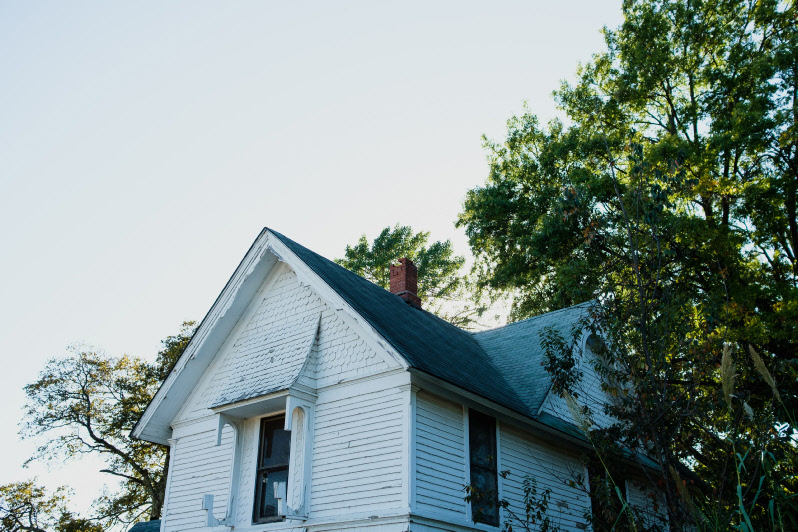There are numerous aspects that can affect the lifespan of your roof, from the individual shingle materials to the weather that your area experiences. Prompt upkeep will assist your roof by increasing its life expectancy. To thoroughly comprehend exactly how long your roof should last before replacement, you are required to look into the material of your shingles.

Asphalt Shingles
Asphalt shingles are one of the most common variations due to their ease to install and them being a very affordable material. They commonly are accompanied by a 25 year warranty, this means that the manufactures expect your roof to last around 25 years before replacement. Approximately, asphalt shingle roofs will have a lifespan of around 15-30 years.
However, the exact lifespan of each roof will very much depend on the level of upkeep that is done as well as the weather of the area. If the roof is subject to constant, harsh conditions, they will have a much shorter lifespan.
If you have opted to go with architectural asphalt shingles, they will last a small bit longer than their other variant. They generally cost more due to their 3 times increased thickness. Again, the warranty on these variants will depend on the manufacturer but it generally spans around 30 years.
Clay Tiles
Clay tiles find more popularity in certain areas, however, they are still a more expensive option when compared to other materials. This cost is justified, clay tiles generally last up to 50 years with most manufacturers offer a 30 year warranty with them
Clay tiles also do not need the same amount of upkeep as other materials due to their increased durability. Despite this, annual roof inspections are still a wise choice to inspect for any cracks. Furthermore, this should be completed after any harsh storm as clay tiles are subject to cracking when hit by debris.
Wood Shingles
Wood shingles often see lifespans of around 30 years. However, if your roofing is to last this long yearly inspections are a necessary requirement alongside yearly upkeep. Still, wood shingles can greatly contribute to the aesthetic of your house and they are doubled with insect and rot-resistivity.
If a wood shingled roof is not properly maintained with regular upkeep, it will see a greatly decreased lifespan. As wood is a natural material, the shingles are subject to splitting and warping. If this occurs and they are not promptly replaced, they will result in damage to the roof.
Metal Roofs
The durability of metal roofs is contributing to their increasing popularity. The thickness or gauge of the metal directly impacts its lifespan. The thicker the material, the longer that the roof will survive.
Commonly, a thinner (26-29 gauge) will last an average of approximately 20-25 years whereas, higher quality roofs (22-24 gauge) will last around 50 years. Additionally, the manufacturers’ warranty will vary from manufacturer to manufacturer but they generally last from 20 years to forever.
The lifespan of a roof depends entirely on both the weather of the area that it is located and the material that is used to make the shingles. Asphalt shingles are the most common with lifespans of around 25 years. Whereas, high-end metal roofs can see lifetimes of 50-70 years alongside proper maintenance.
